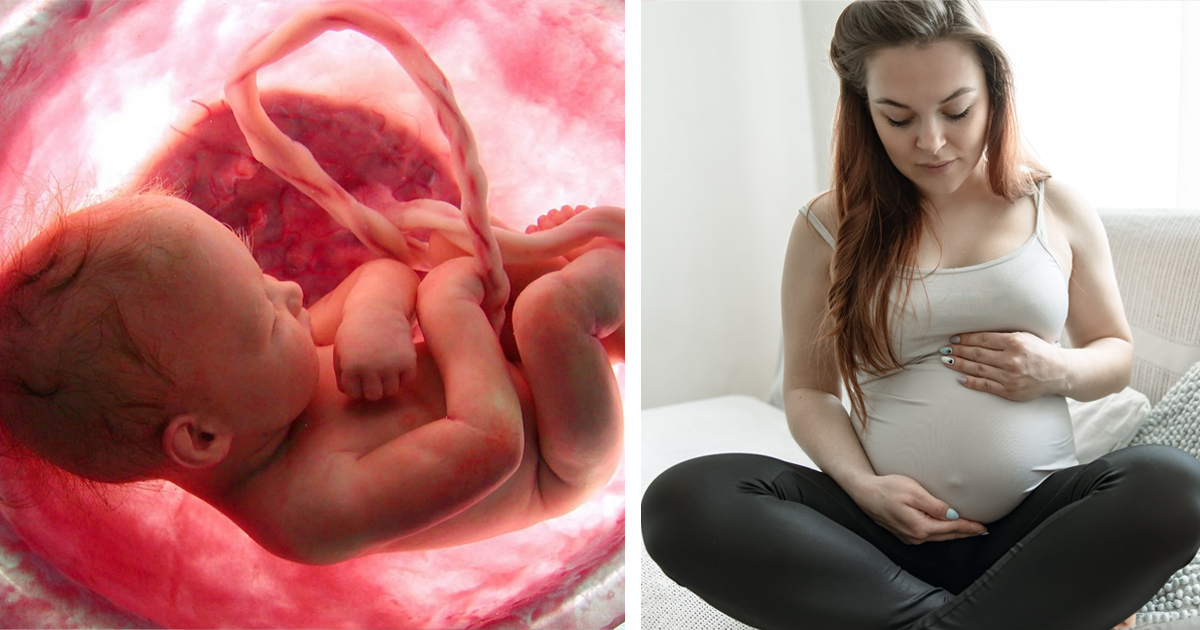Hurray! You have made it through the nausea, foot swelling, cramps, and the infamous baby kicks of the second trimester and finally entered the third trimester of your pregnancy. Well, you know most of it will stay even in the third trimester. So, what’s more interesting about it other than the fact that your baby is the size of a tub of margarine between the ages of 28 to 32 weeks?
Below we have discussed 7 interesting facts about the third trimester of pregnancy that will make you go “Woah! That’s surprising!”.
#1 Your baby can taste what you eat

Source: @silvialonardo
In the amniotic fluid, the food you eat can really be tasted by your kid. So while you’re savoring your favorite foods, your kid is gaining an appreciation for them, as well. During the 16th week of pregnancy, your baby will begin “tasting” some of the items you eat.
Molecules from your food enter your amniotic fluid even though your digestive system is not connected to your baby’s. Besides vitamins, minerals, lipids and proteins, other chemicals are responsible for a food’s distinct flavor and taste.
The baby will be able to taste the flavors of the food you eat, but they won’t be quite as strong or distinct as your own. To put it another way, your nose receives a lot of what you conceive of as a food’s flavor through the air. That’s not the same with your little boo!
#2 Your baby starts listening to you
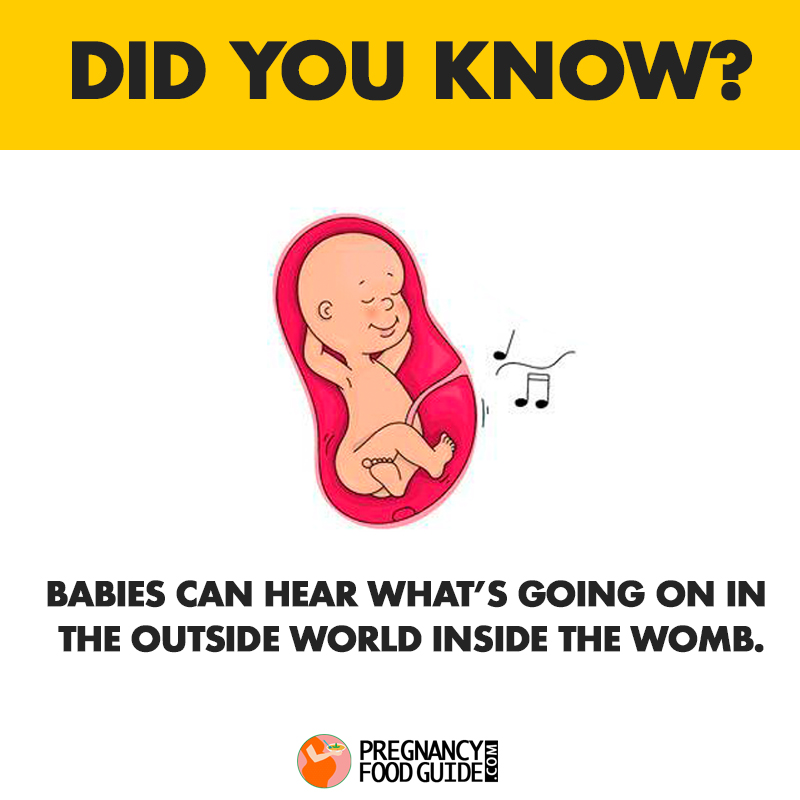
For a while now, your baby has been able to hear (since about 18 weeks). However, during the third trimester, his ability to hear and respond to you has greatly enhanced. Even more astounding, a study discovered that when mothers sang the word “la,” their newborns opened and closed their mouths along with the—unbelievable, right?! Consequently, don’t be afraid to engage in conversation, reading, and singing with your child. It’s only a matter of time before you’re actually doing it.
Babies’ ability to hear a wide spectrum of musical tones increases throughout the third trimester of pregnancy and studies show that babies react to the sounds they hear while still in the womb. When a baby hears the same song repeatedly as a fetus, it is likely to know it when it hears it as a newborn.
#3 Your baby is ‘popping a new birthday suit’
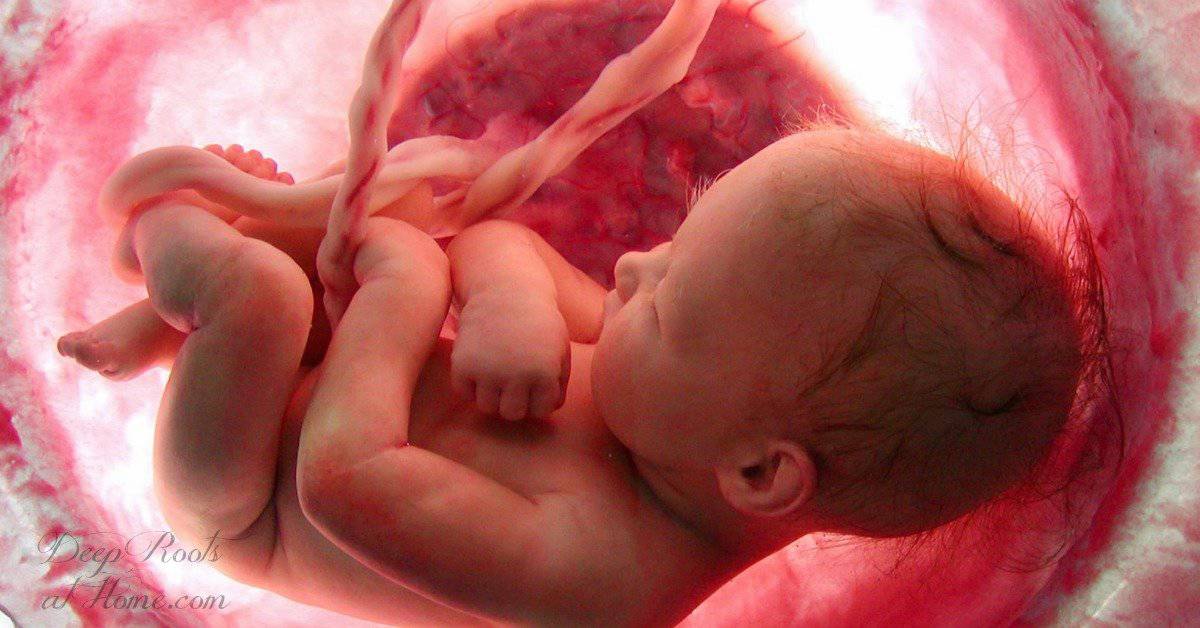
They are putting on the final piece of their birthday suit—vernix—as they grow in the third trimester. A waxy layer protects your bunny’s skin, and some newborns are born with a fresh coat. When they are still in the womb, it protects them from some germs and viruses and keeps them warm.
Its primary role in utero before the infant is born is:
- The amniotic fluid contains urea and electrolytes that can harm the fetus; the vernix protects the fetus against damage inflicted by the amniotic fluid.
- Thermoregulation assistance.
- Vernix works as a lubr1cant, a biofilm protector, and an antibacterial coating for the gen1tal tract during the delivery process.
#4 The eyes finally open
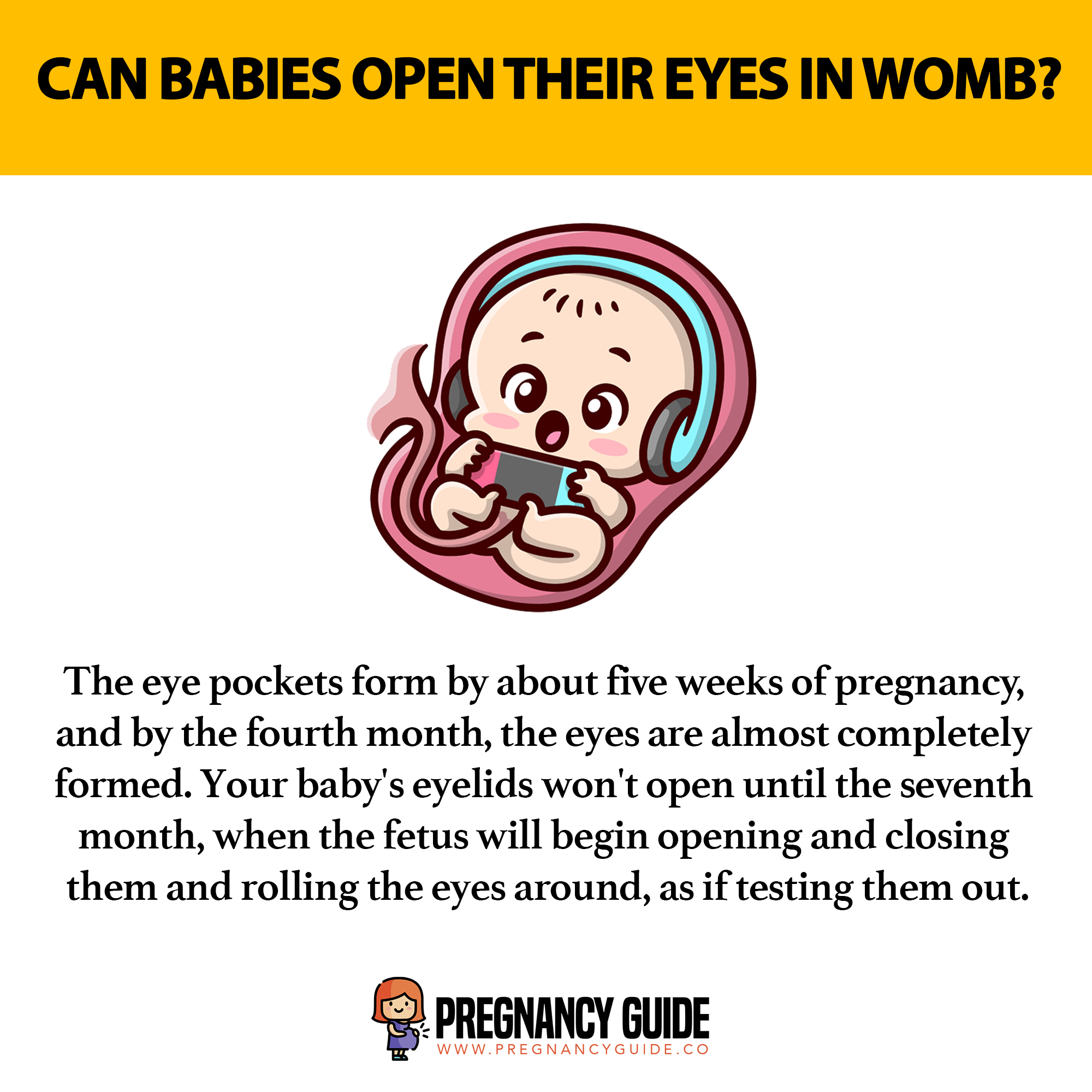
If you hold a torch to your stomach, you may find that your bub gets more active. This is due to the fact that they can detect light entering the womb during the third trimester. When the baby’s eyes open for the first time at 27 weeks, its tiny pupils will start tightening and dilating. Maybe they’ll even be able to tell the difference between day and night. Just ‘maybe’.
Babies can first see light in the second trimester, but it is not until they are roughly 28 weeks old that they are able to open their eyes and blink independently. If you shine a spotlight on your stomach, you might feel a wiggle from your baby—his very first game, perhaps!
Interesting fact: The pigment in the pupils of unborn kids’ eyes is still developing at the time of conception and continues to do so after delivery. As a result, while many newborns are born with blue eyes, the majority of them will not retain their blue eyes as they grow older.
#5 Your baby is most probably dreaming
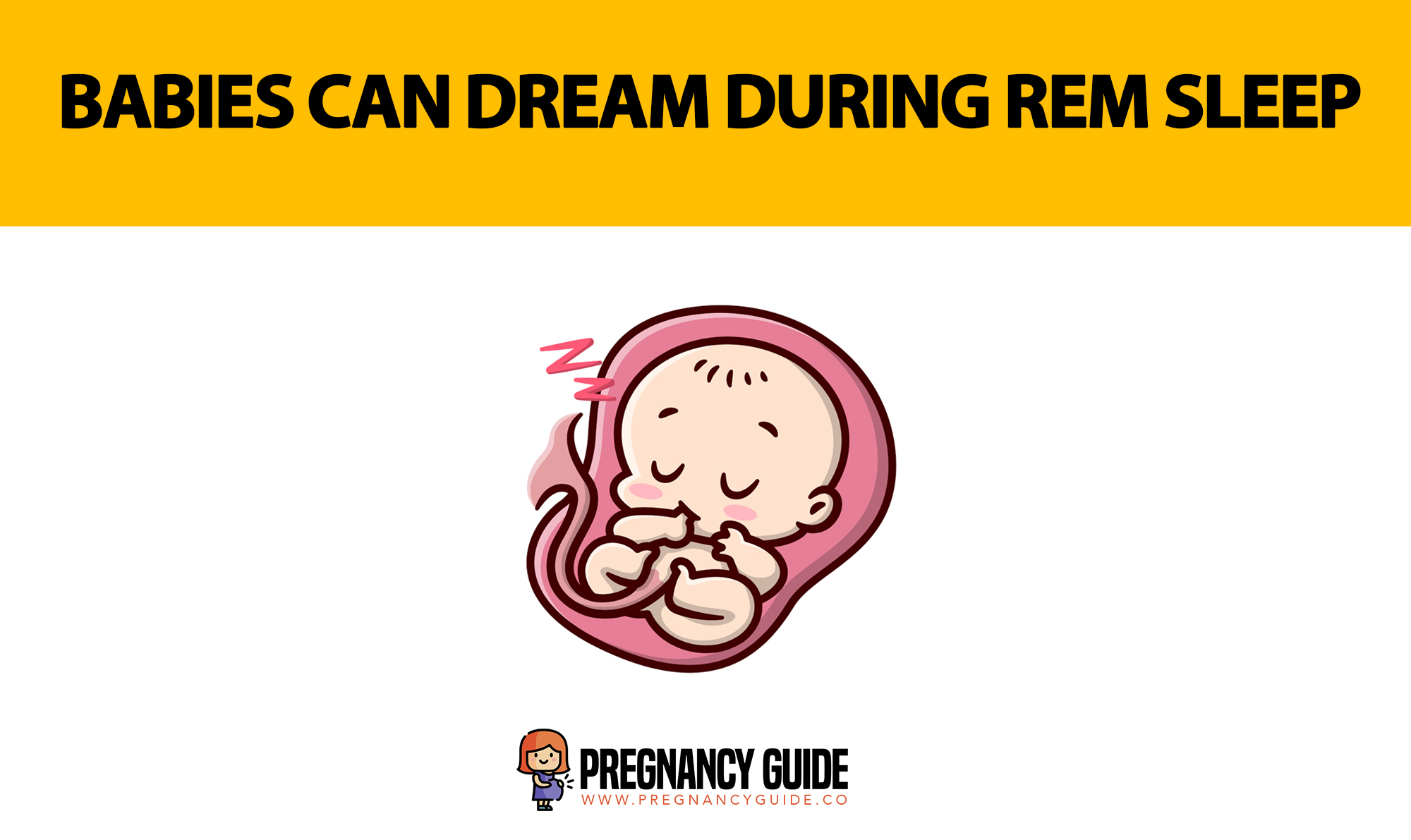
Those adorable tiny brains are working overtime in the womb, even assisting the baby in his or her dreams. The rapid eye movement stage, which occurs when a baby is dreaming, has been discovered in prenatal newborns, according to research.
#6 Your baby starts to ur1nate
When you think about it, this following portion isn’t quite as amusing, but it is absolutely incredible and crucial (and he has actually been practicing this skill for quite some time). He’s pee1ng, to the beat of the drum! He ingests some amniotic fluid, digests it, and then passes it through his system. Just think of it as good practise for when he (and you) have to change ALL THE DIAPERS in the very near future.
#7 The swelling will increase
When you’re expecting your child, you’re likely to have some swelling, especially around the ankle area. Gravity, increased blood volume, and plasma are to blame for this. Pillows can be used to raise your legs while you sleep. Ask for a foot rub while lying on the couch with your legs propped up to minimize swelling. While sitting for long periods of time, make sure to slightly rotate your ankles to promote blood flow.
However, beware about too much swelling. Symptoms of pree clampsia include swelling of the hands, face or neck, as well as headaches, vision abn0rmalities, and epigastric pain (abdominal pain). When in doubt, talk to your midwife.

